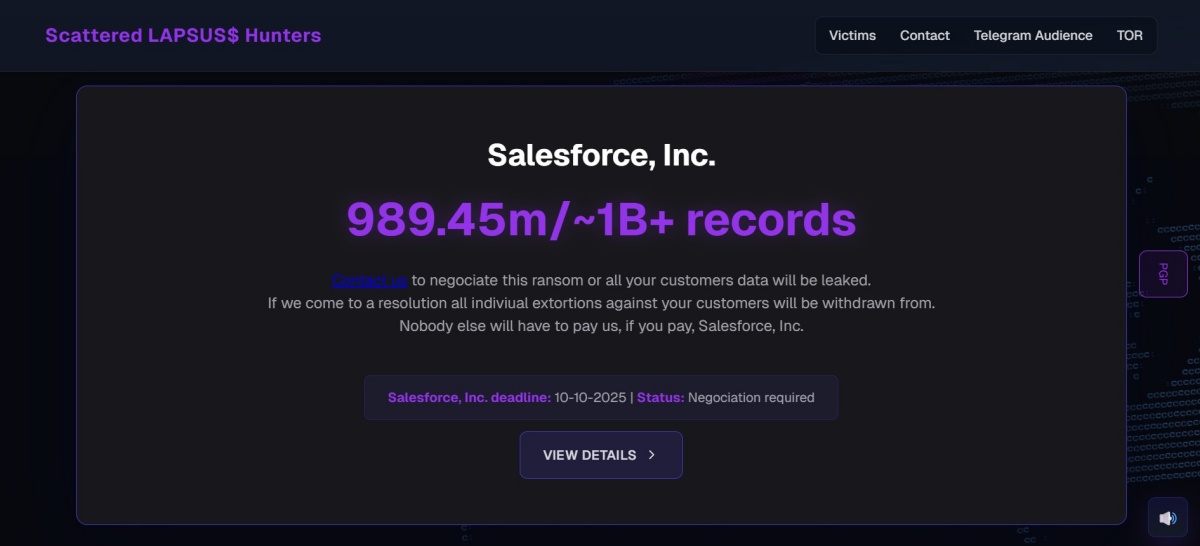Critical Backdoor Alert! Patch XZ Utils Now (CVE-2024-3094) & Secure Your Linux System. Learn how a hidden backdoor puts Linux at risk and how to patch it immediately.
A critical security vulnerability, designated CVE-2024-3094, was recently discovered in the widely used XZ Utils package. This vulnerability threatens Linux systems with backdoor attacks.
For your information, XZ Utils is a collection of open-source command-line tools for data compression and decompression. It includes the popular xz command and the liblzma library, which is used by other software, most notably OpenSSH – the program that enables secure remote access to Linux systems.
The Backdoor Explained
The vulnerability involved a malicious backdoor hidden within the source code of XZ Utils, specifically in the liblzma library. This backdoor code, if triggered, could allow an attacker to gain unauthorized remote access to a vulnerable system through SSH. The attacker wouldn’t even need valid credentials, potentially granting complete control over the system.
Impact and Discovery
The potential impact of this vulnerability is severe. An attacker exploiting CVE-2024-3094 could steal sensitive data, install malware, disrupt critical operations, or even use the compromised system to launch further attacks.
Fortunately, the backdoor was discovered by the security community in late March 2024 before widespread distribution. This prevented a large-scale security breach. However, some Linux users remain vulnerable, especially those using unstable or rolling-release distributions.
Who is Affected?
According to OpenSSH’s report, the specific versions of XZ Utils containing the backdoor were 5.6.0 and 5.6.1. These versions were only recently released and did not make it into the stable branches of most major Linux distributions. However, users who manually compiled these versions from source code or installed them from non-standard repositories could be at risk.
Commenting on this, John Bambenek, President at Bambenek Consulting warned, “The original reports of this backdoor showed exploitation of this vulnerability via SSH which means it can be triggered even if the victim machine’s users don’t use XZ and its library. It seems this library tends to be installed by default on modern Linux distributions so organizations should immediately prioritize downgrading the package until a safe update is released, even if they don’t use the tools themselves.“
Mitigation and Prevention
The most critical step to address this vulnerability is to update your system immediately. Most Linux distributions have released patch updates for XZ Utils. Here’s how to update depending on your distribution:
- Debian/Ubuntu: Use
sudo apt updateandsudo apt upgradecommands. - Red Hat/CentOS/Fedora: Use
sudo dnf updatecommand. - Other Distributions: Refer to your distribution’s specific update instructions.
Lessons Learned
The discovery of CVE-2024-3094 emphasizes the importance of various security measures. Firstly, keeping software and systems updated with regular patches is crucial to mitigate potential risks.
Secondly, maintaining a sharp review process for open-source projects aids in the early detection of vulnerabilities. Thirdly, promoting security awareness among users and employees through education about risks and best practices is essential for enhancing overall protection. Adhering to these practices enables us to reduce the impact of vulnerabilities like CVE-2024-3094 and safeguard the security of our systems.
RELATED TOPICS
- New Linux Malware Alert: ‘Spinning YARN’ Hits Docker
- Crypto Stealing PyPI Malware Hits Windows, Linux Users
- Magnet Goblin Using Ivanti Flaws to Deploy Linux Malware
- Bifrost RAT Variant Hits Linux Devices, Mimics VMware Domain
- Xamalicious Backdoor Infects Android Apps, Affects 327K Devices



